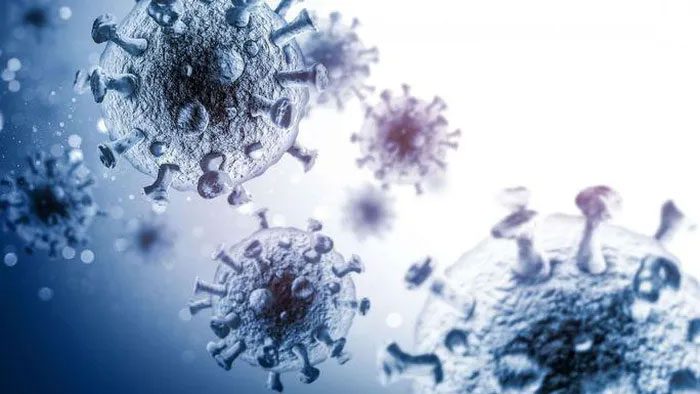The study was conducted by the Ragon Institute of Massachusetts General Hospital, the Massachusetts Institute of Technology (MIT), Harvard University, and Dartmouth College in New Hampshire, USA, and published in the journal Science Translational Medicine.
American scientists have researched the role of VR07, a member of the IgG antibody family with the potential to pave the way for monoclonal antibody therapy against the HIV virus.

HIV Virus – (Photo: ABC News).
According to Dr. Jacqueline M. Brady, the lead author, broadly neutralizing antibodies have the ability to prevent the virus from entering cells and promote innate immune responses against HIV-infected cells.
However, as we know, the antibodies that humans possess are not strong enough to confront the HIV virus. But a method to enhance this natural immune system could be a way out.
According to Medica Xpress, scientists have investigated VR07, a subclass of IgG and a type of broadly neutralizing antibody.
In experiments on humanized mice, VR07 was developed into an immunoprophylactic method that demonstrated its ability to help prevent HIV transmission through the vaginal route—the likelihood of infection depended on the efficacy of the VR07 subclasses. From this, they identified that VR08 with IgG1 subclass could prevent transmission even at low concentrations.
This discovery has provided important resources in the field of monoclonal antibody research—a “warrior” against various viruses. In this context, it is HIV, a virus that causes chronic disease.
The authors indicate that they are still searching for the most effective way to isolate the newly discovered super antibodies against HIV, marking the first step towards finding a widely usable remedy.


















































